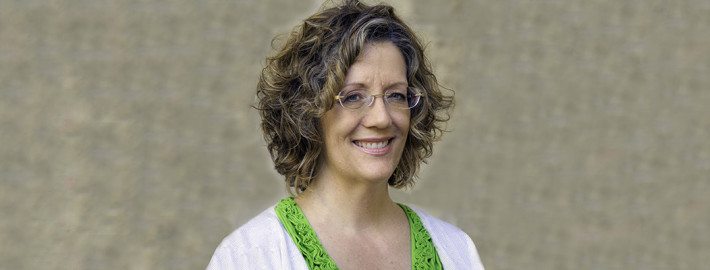Out of the Shadows—Rediscovering Jewish Music and Theatre
Performing
the Jewish Archive, a $2.5 million global transdisciplinary (music
education, musicology, theatre historiography, history, psychology) research
project (Large Grant) awarded by the United Kingdom’s Arts and Humanities
Research Council (AHRC), focuses on Jewish
artists and their works c.1880–present that were either hidden or suppressed
due to oppression and displacement, particularly vis-à-vis the Holocaust. The
AHRC’s stated purpose for the grant, ‘Care for the Future: Thinking Forward
through the Past,’ urges the
researchers “to
explore the dynamic relationship that exists between past, present and future,
and how they interact with and shape each other, through a temporally inflected
lens… encourag[ing]
critical reflection upon:
·
the concepts that are used to join together past, present and future;
·
different creative, artistic and literary modes of engagement with the
past and the passage of time;
·
different emotions evoked by reflecting on the past; and
·
the consequences of selectivity: whose voices are heard and whose are
silenced by the past. (AHRC call, 2013)
In meeting the AHRC’s
criteria, the Performing the Jewish
Archive research team organized six international festivals (United
States–2, United Kingdom, Czech Republic, Australia, South Africa) to
accomplish three principal objectives: (a) to seek
out works by Jewish musicians, dramatists, and authors that reveal the
knowledge, values, emotions, ideologies, and beliefs of the eras and
communities in which they were created; (b) to engage performers, audiences,
and other participants in works’ heritages by performing them within their
historical, biographical, and political contexts; and (c) to devise ways of
perpetuating those heritages in the future through renewable methods of
responses to the artistic works and their contexts. Foundational to Performing the Jewish Archive’s success
in meeting the AHRC’s call to Care for
the Future is its intentional integration of theoretical perspectives that
embrace cotexuality (Barry, 2010) and contextuality, both educationally and
musicologically.
Hence,
this paper shares the theoretical framework of the Performing the Jewish Archive grant; presents the over-arching
scope of the project as realized through its global festivals and research
symposia; and sets forth how the above-referenced objectives are met. Key to
Prof. Dobbs’ contribution is the bringing to light and world-premieres of the
heretofore unknown piano compositions (Yad Vashem Archives) of Josima
Feldschuh, known as the “Prodigy of the Warsaw Ghetto.” Framed by the
thinking of Agamben, Buber, and Levinas, she presents a
philosophical and socio-political historical analysis of Josima’s brief life
and creative work. She discusses the implications that one child’s creative
musical life—pursued under state-sanctioned policies of racial oppression,
terror, and extermination—holds for the understanding of the musical
experience.



